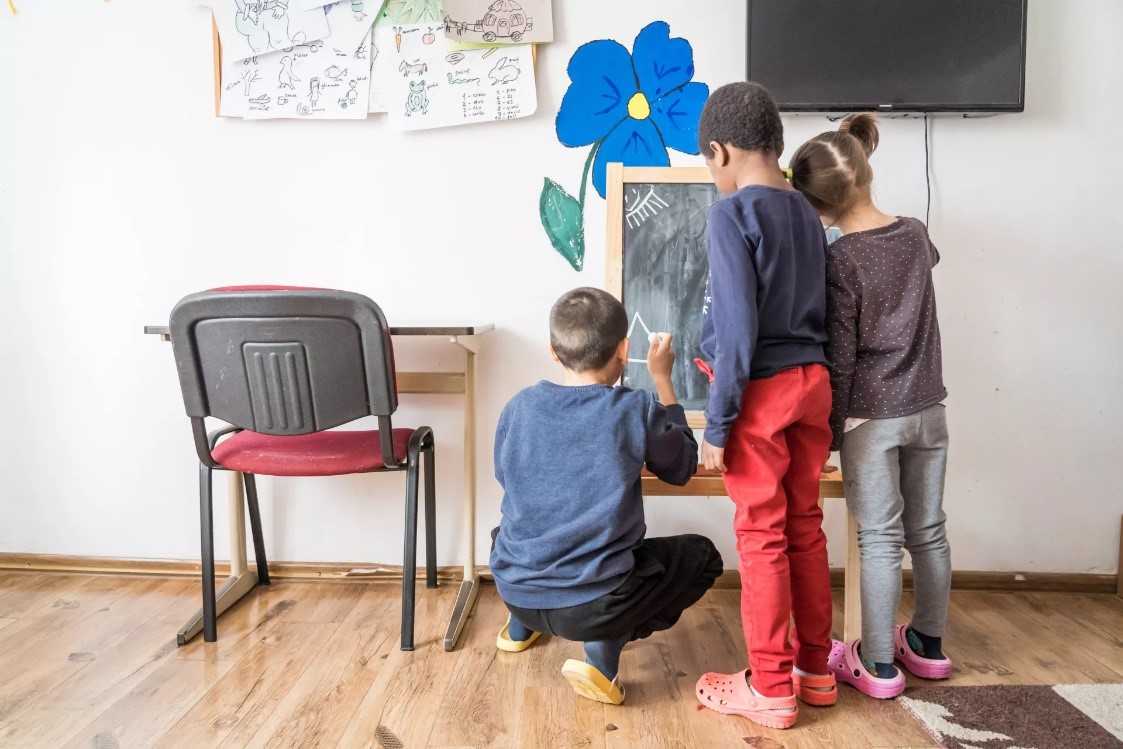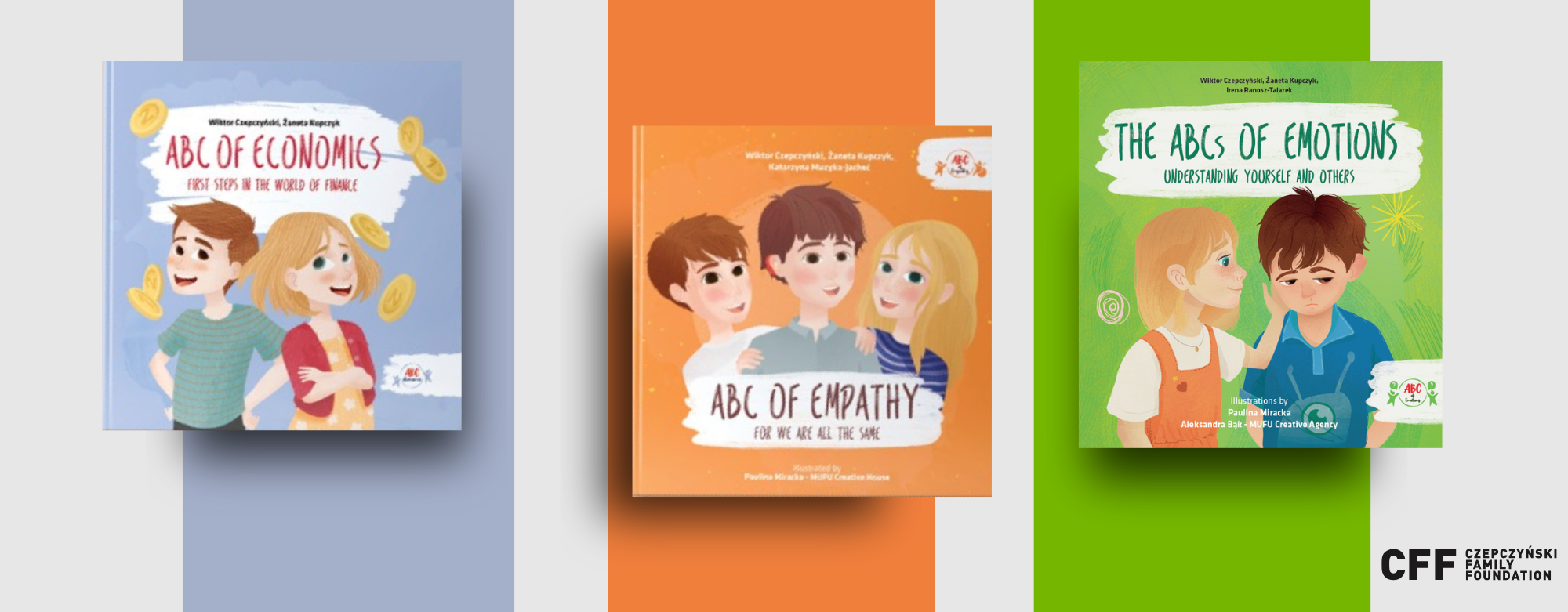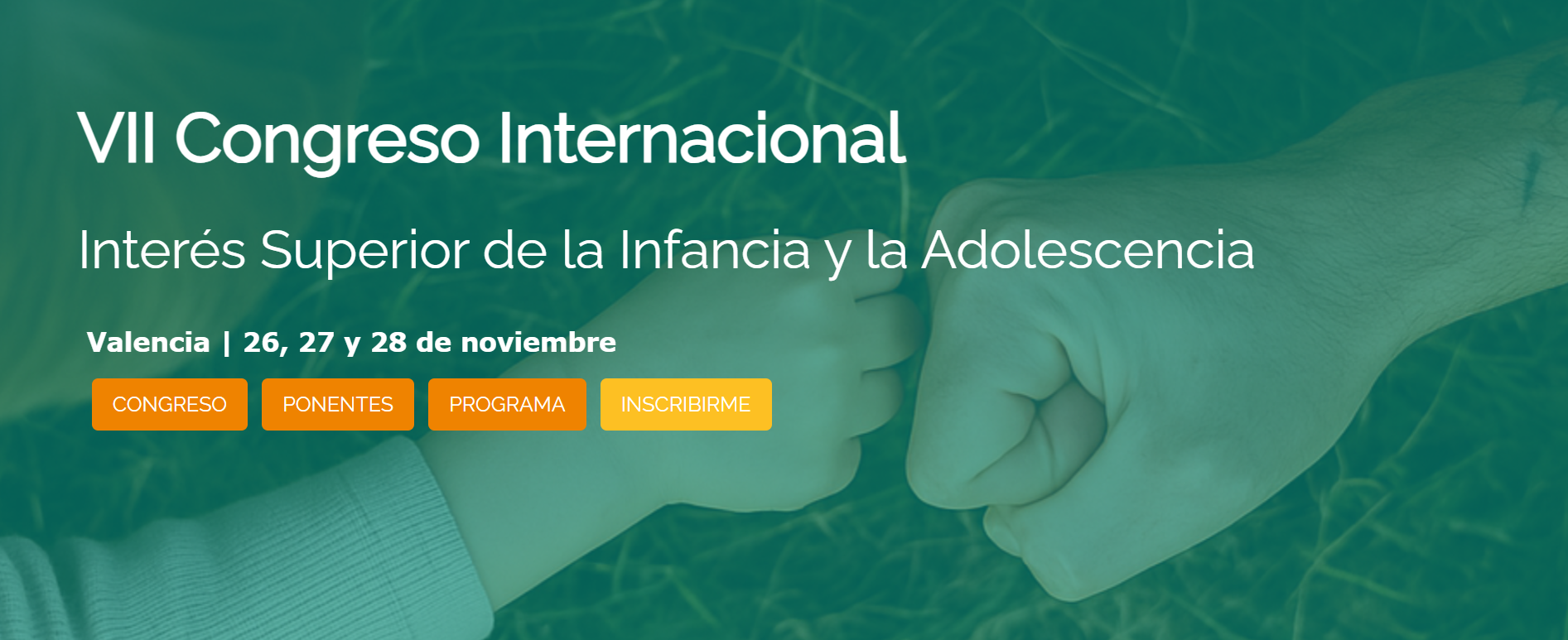Boarding schools and children's rights in education and alternative care
A blog by Maud Stiernet, an individual member of Eurochild with expertise in children’s rights with a focus on alternative care, accessibility, and responsible artificial intelligence.
Maud represented Eurochild to provide input and guidance in the UNICEF ECARO Reference Group for the White Paper on "The role of boarding schools for vulnerable children in the Europe and Central Asia region". In this blog, she shares her reflections on the new white paper and its importance for child protection systems in Europe.
Our interdisciplinary reference group worked on best practices to prioritise plans to meet the developmental needs of children and their right to a family and an inclusive education. We hope that the White Paper will help address systemic changes at the crossroads of care and education.
The purpose of this paper is to highlight the different roles and types of boarding schools, the need for a standards framework, and for regulation of boarding schools as providers of care and education.
The White Paper addresses concerns about the quality of boarding school education and care and recommends reinforcing:
- gatekeeping;
- family support;
- inclusive education;
- and family-based alternative care.
Evidence provided by experts indicates regulation is particularly relevant for vulnerable children (children affected by poverty, who have no parental or family care, socially excluded, at risk of violence or abuse). But additional risk-based evidence of violence and abuse in residential settings shows that all children in boarding schools may be considered as ‘vulnerable’.
According to the research, "Several factors contribute to the continued and inappropriate use of boarding schools, including rural depopulation, poverty, lack of (or poorly implemented) inclusive education, and the stigma and discrimination faced by children with disabilities and other marginalised groups. This situation is exacerbated by the lack of community-based services, gatekeeping and coordination among stakeholders".
Statistics on boarding schools were also an important discussion point for the White Paper, which came into focus when working on Eurochild and UNICEF’s DataCare project. We saw a lack of consensus on data for the different types of boarding schools in the region.
Country-level data is available, but as we know from the DataCare project findings, is it not easy to collate data and estimate the number of children in boarding schools in our region. In fact, the White Paper found that data are largely absent from documentation relating to inclusive education and alternative care reforms.
Main recommendations from the White Paper:
UNICEF advocates for recognising boarding schools as a form of alternative care to "ensure that boarding schools adhere to the UN Guidelines on Alternative Care for Children, considering principles like necessity, suitability, and inclusion in deinstitutionalisation policies and strategies.”
With its recommendations, the White Paper aims to promote better decision-making among policymakers, local governments and service providers, non-governmental organisations (NGOs), as well as child welfare and other allied practitioners.
We insist that we need to reply on frameworks and standards to uphold children's right to life in a family and community, and especially children with disabilities, their right to quality inclusive education in mainstream schools alongside children without disabilities.
For me, this study fits in as a part of the larger puzzle of deinstitutionalisation that is missing in many countries to understand the big picture around alternative care reforms for children with disabilities.
Interested in learning more?
- If you would like to get in touch with Maud Stiernet, contact her at: maud.stiernet@alittleliningcomes.com.
- Click here to read UNICEF’s White Paper: The role of boarding schools for vulnerable children in the Europe and Central Asia region
Acknowledgements:
This White Paper was authored primarily by Helen Jones. The wider community of practitioners and researchers were deeply saddened by Helen’s passing. The paper was finalised by Fran Fonseca, Joanna Rogers and Stela Grigoras.





